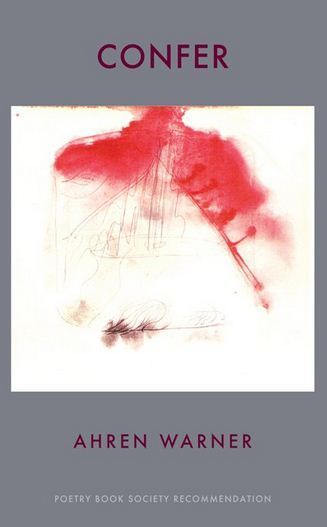Being a poet
BY CATHARINE MORRIS
T. S. Eliot once said that he could understand wanting to write poetry, but not wanting to be a poet.
At a Royal Society of Literature event on Monday – which took place in a luxuriously comfortable lecture hall at the Courtauld Institute, Somerset House, and consisted of conversation, readings, question-and-answer session and wine – David Harsent asked his fellow poets Lavinia Greenlaw, Emma Jones and Ahren Warner what they thought about that.
Harsent himself made the point that, since almost all poets need day jobs, to say "I'm a poet" is to make a kind of statement. Often the response is "startlement, becoming puzzlement, becoming a kind of sneer, followed by a fear that poetry might become a topic of conversation".
Warner tends not to use the phrase. Jones does occasionally, sometimes for the sake of owning her addiction, as she put it; and it amuses her to write "poet" as her occupation on landing cards: "they look at you as if you're a unicorn crossed with a serial killer". But she often has difficulty with what they say next: "What do you write poetry about?"; "Why?"; "I didn't know there were poets any more". . . .
Greenlaw has come up with a beautifully evasive stock answer to the "What do you write about?" question: '"Whatever the good Lord tells me to write about".
As she pointed out, poetry occupies a strange territory in society: it is "obscure but fundamental". She is irritated by the use of the word "poetic" to mean vague, whimsical, flighty; "poetry can capture those things", she said, " – but with great precision". She is also troubled by the lack of interest in what she called the joy of the difficult ("having to stay still and pursue something") – the expectation that poetry should be accessible, "perform for you", and make you feel fuzzy.
There is also the problem of money. According to Harsent, the ideal day job for a poet is "bank robber". He has worked as a shop assistant in a bookshop, a publisher, and a commercial writer, and has always regarded such jobs as necessary evils; he dislikes "broken, fractured creativity" and craves long stretches of uninterrupted writing time.
Jones identifies with this to some degree – she gave up the idea of going into academe full-time and writing on the side when she found that she wasn't a good mental multi-tasker – but she finds that long residencies can become a "terrible luxury" as "empty time stares at you across the poker table". (She uses simple I'm-not-really-working techniques, such as lying on the floor instead of sitting at a desk, to take the edge off the anxiety.)
Greenlaw, who teaches part-time at UEA as well as working on radio dramas and documentaries, among other things; and describes herself, in her hectic busyness, as "a one-woman restoration comedy", acknowledged the difficulty of "protecting the poems". But she thinks that life outside them is important – partly because, after three or four days' writing, she starts to go a bit mad. (It's a pity she wasn't asked "In what way?".)
Jones feels at times that writing poetry is "pretentious, self-indulgent, fundamentally useless, self-aggrandizing"; but she feels compelled to continue – "and if it gives ten people pleasure . . . ". Eliot's words encapsulate what came through clearly from all these poets: that the appeal is not the image, or the lifestyle, but the writing. "Nobody carries on unless they have to", said Greenlaw. "It's frightening and difficult . . . . You never expect to make money . . . you just do it".
Peter Stothard's Blog
- Peter Stothard's profile
- 30 followers




